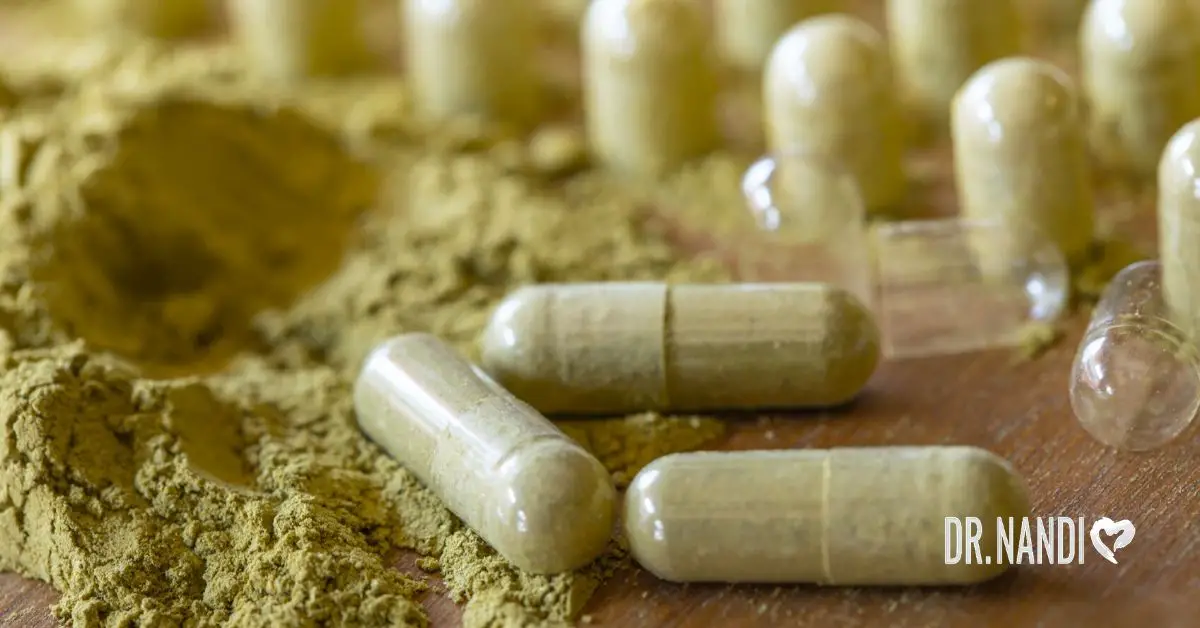The over-the-counter herbal drug Kratom found itself in the headlines once again in April 2019. It was linked to a nationwide salmonella outbreak in 2018 and caused 91 overdose deaths between July 2016 and December 2017, according to the CDC. Though this may sound like a low number, it’s important to compare it to the FDA estimate of 44 deaths linked to kratom since 2011. So, this is more than double that amount in only 18 months. And what’s more, the use of Kratom appears to be on the rise.
What is Kratom?
Kratom is a natural plant native to southeast Asia. It is marketed as a way to overcome opioid addiction and people also say it can help ease pain and anxiety. Now, many people view this plant as harmless simply because it’s natural. But it contains mitragynine, which can produce stimulant effects in low doses. In higher doses, it can produce opioid-like euphoric effects because it affects the same brain receptors as morphine. This is why it is used for opioid addiction. However, the problem with this is that it has a potential for abuse and addiction as well. For this reason, I strongly recommend avoiding Kratom. It has the potential to cause addiction and even death and has not been approved for medical use.
What Else Can I Do For Pain and Anxiety?
- For Pain – Find a specialist who can help. They can diagnose why you’re experiencing chronic pain and will work with you to create a treatment plan.
- For Anxiety – First, speak with your doctor about possible underlying medical conditions that could be causing your anxiety. Next, you may choose to seek psychotherapy where approved medication can be provided.
- For Pain and Anxiety – Healthy lifestyle choices play a huge role in managing pain and anxiety. Eating nutritious foods, drinking enough water, avoiding smoking, limiting alcohol, and getting enough exercise and sleep can all make a huge difference.
- Avoid Kratom – If you’re using or considering Kratom, please know it can have a negative impact on your health. Ingesting too much can cause agitation, elevated heart rate, high blood pressure, and seizures. And overdosing can actually stop someone from breathing, lead to kidney failure, or lead to a coma.



















